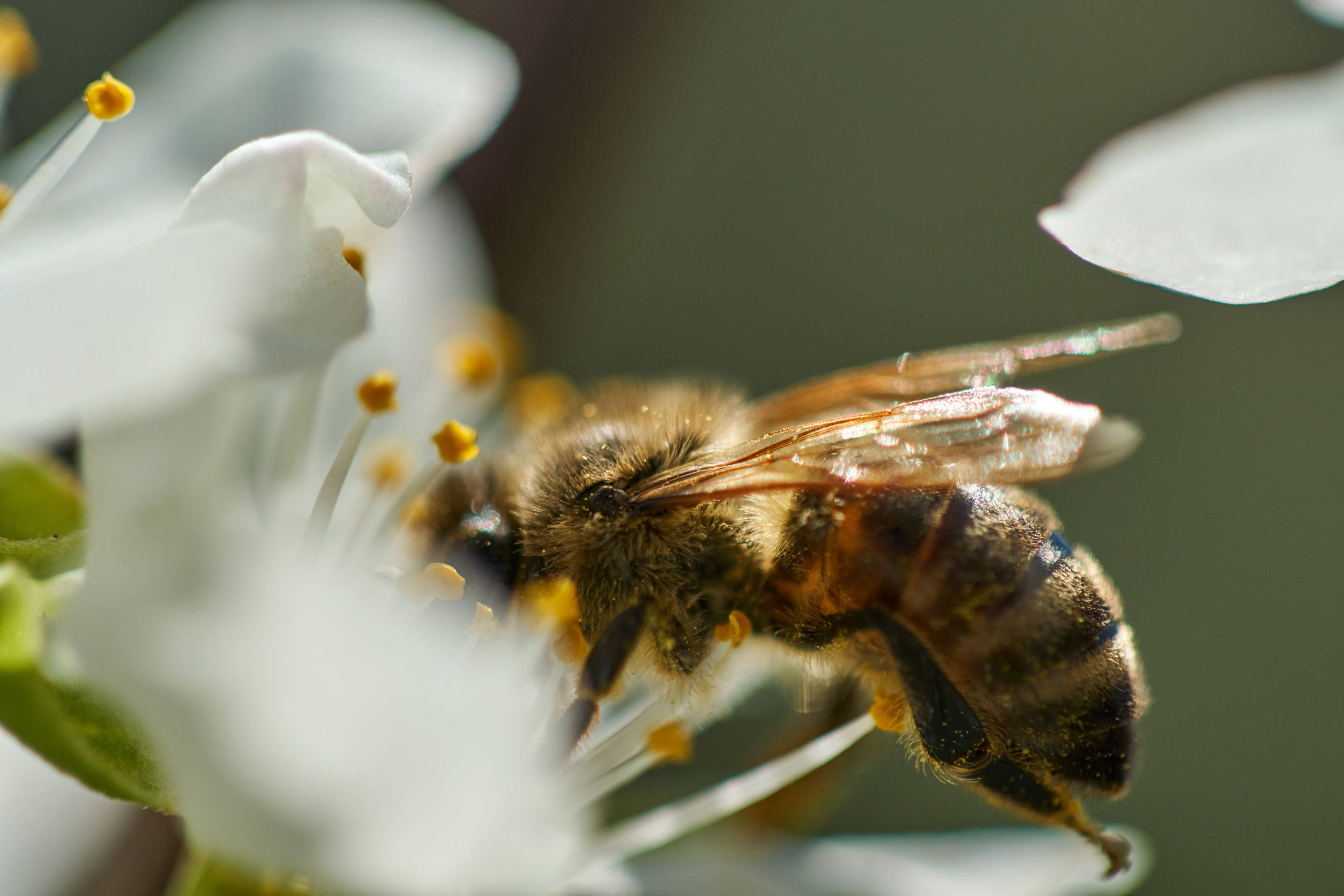Red-billed oxpeckers hitching rides on the backs of black rhinos are a common sight in the African bush. The birds are best known for feeding on pesky parasites found on a rhino’s skin. Now, new research suggests the birds may also serve as sentinels that help the endangered animals avoid humans, including poachers.
This can come in very handy considering that rhinos have notoriously bad vision. Even in close proximity, a rhino might struggle to notice lurking danger by sight. But the oxpecker easily can, unleashing a sharp call to warn of intruders.
The study, which took place in South Africa’s Hluhluwe–iMfolozi Park, involved a team of researchers approaching 11 black rhinos on foot on the open plain on 86 occasions. The researchers found that those rhinos with a red-billed oxpecker tagging along were much better at detecting the researchers’ presence than those without.
In fact, rhinos listening to their oxpecker buddies were able to pick up on the approaching scientists from 61 meters away, more than twice as far as when rhinos were alone.
All rhinos responded to the oxpeckers’ alarm calls by becoming vigilant — standing up from a resting position, for example — and turning to face downwind, their sensory blind spot. The rhinos then either ran away or walked downwind to investigate the potential danger.
The findings shed new light on the symbiotic relationship between the two animals and how it may help conservationists in their efforts to protect the critically endangered black rhino.










